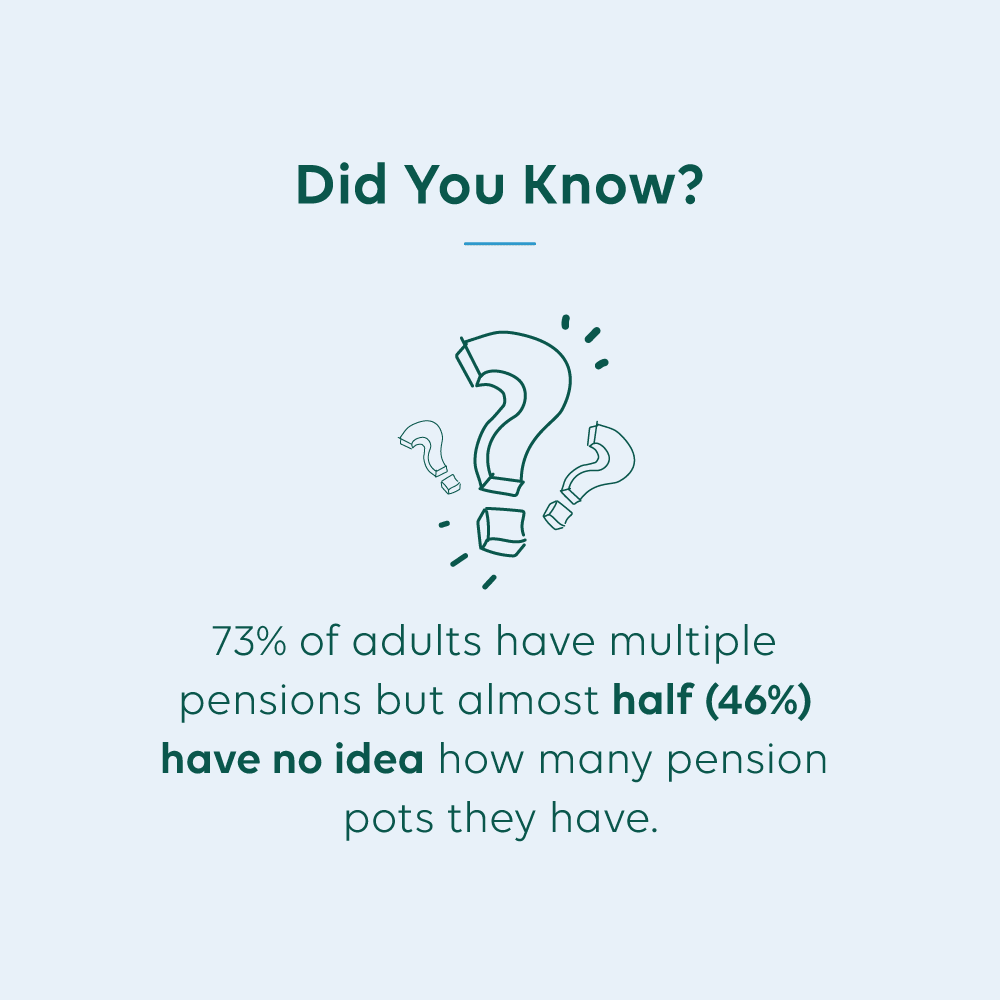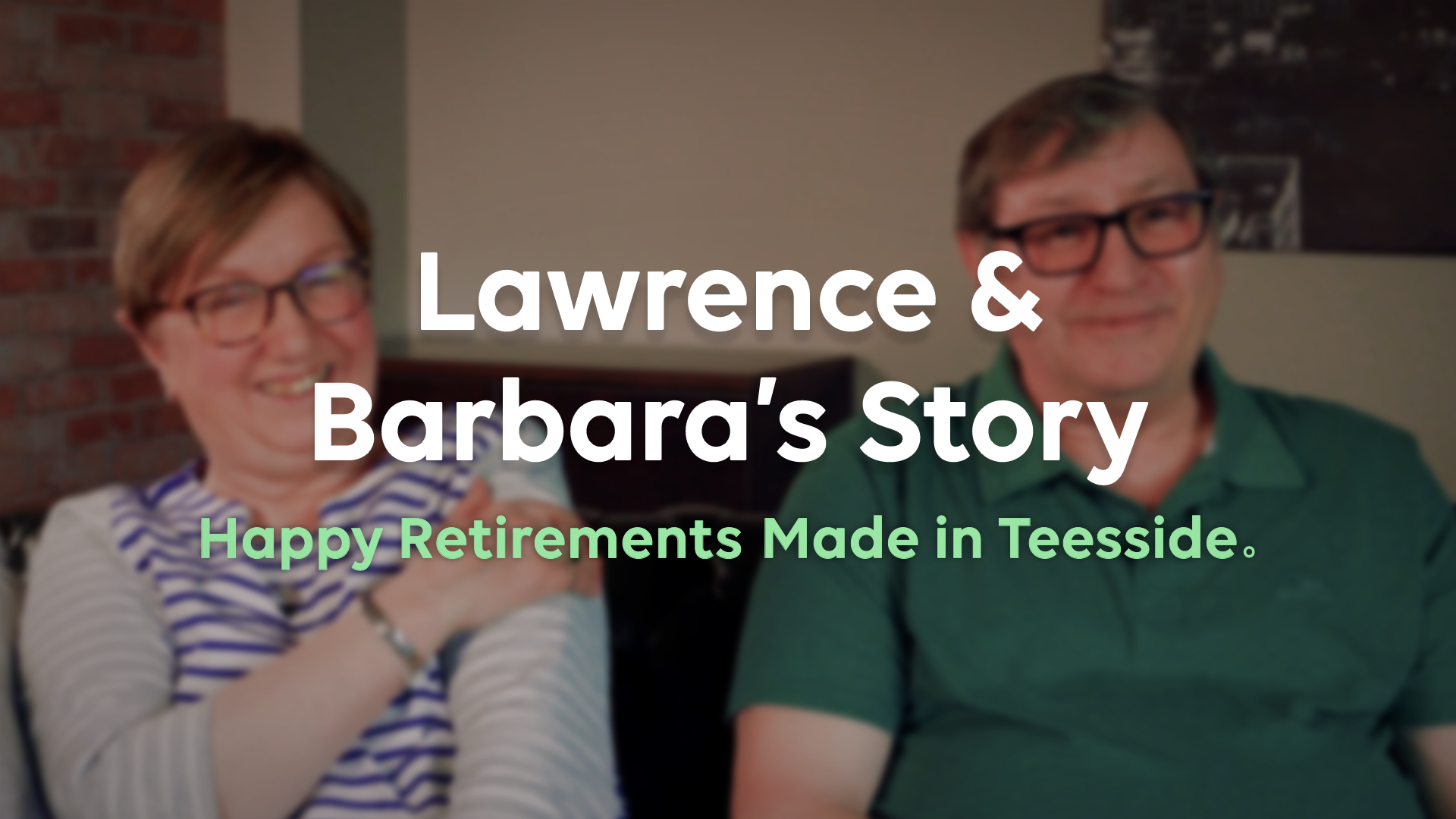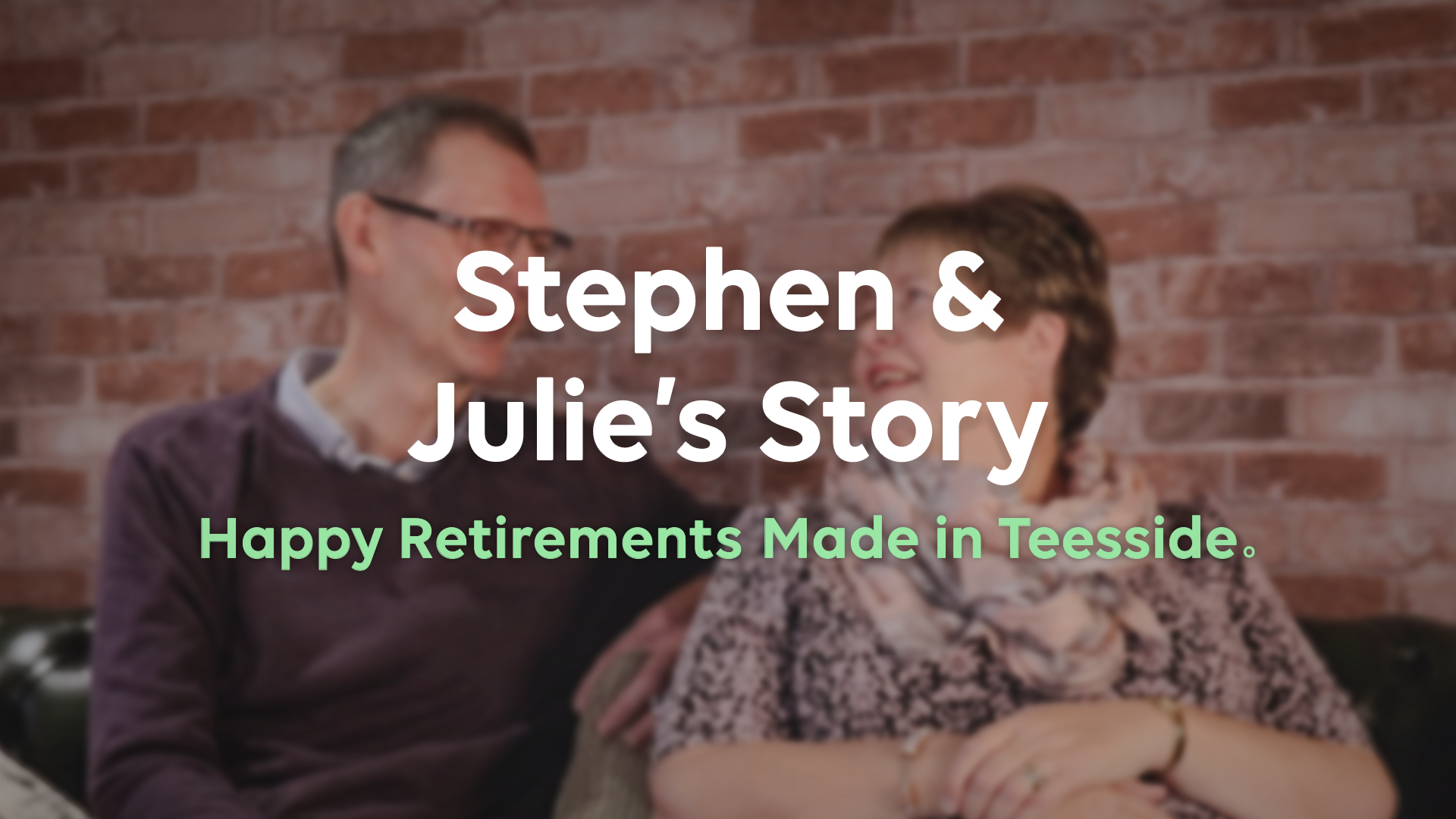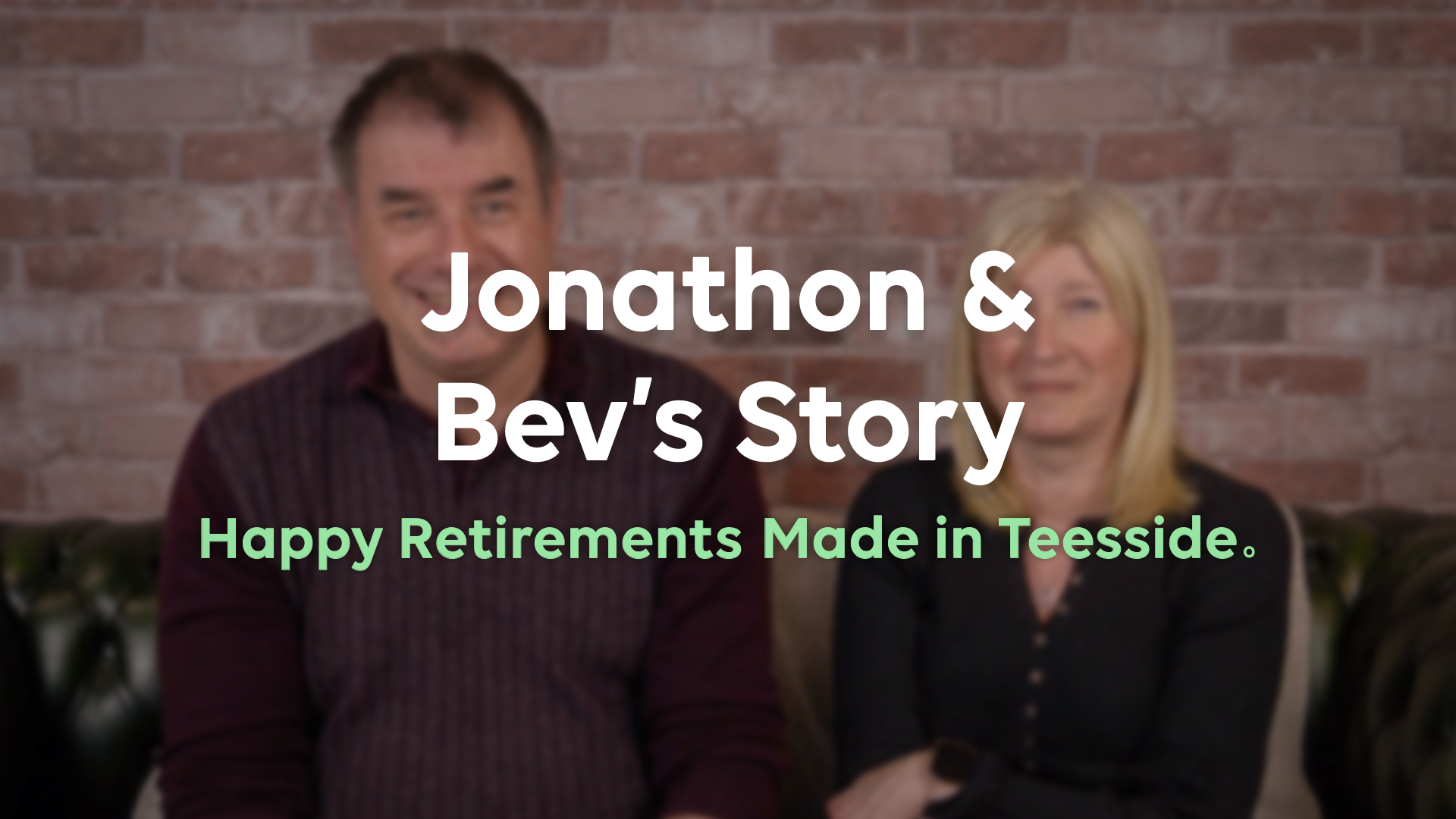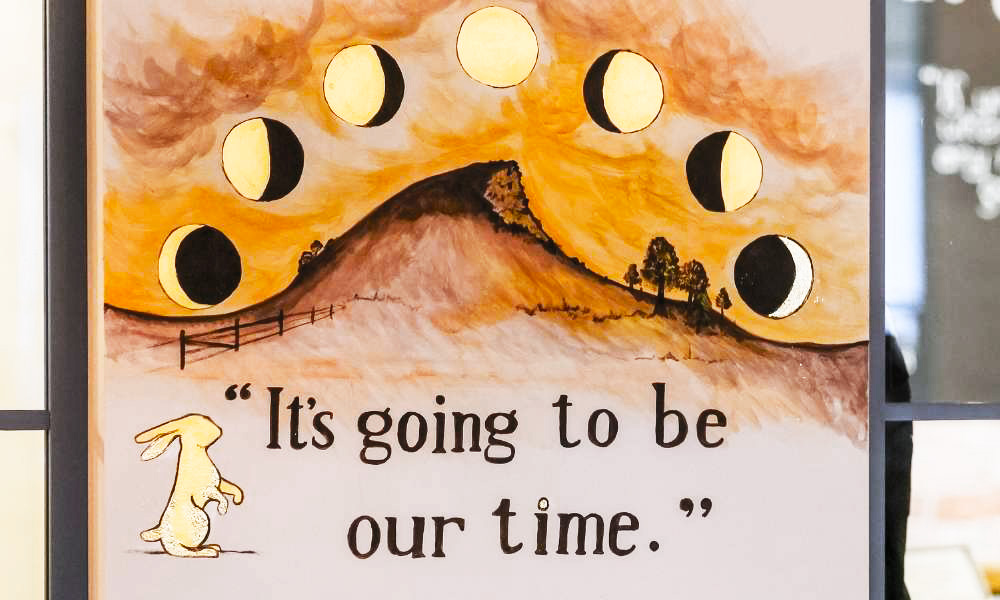Life After Work Workshop
Thinking about what life could look like after work?
Come along to our free Life After Work Retirement Workshop and start shaping your next chapter.
- Understand your pension options
- Work out when you can afford to retire
- Avoid common planning mistakes
You’ll also get the chance to chat one-on-one with our local experts and get personalised advice.
It’s free to attend, but places fill up fast - reserve yours today.

